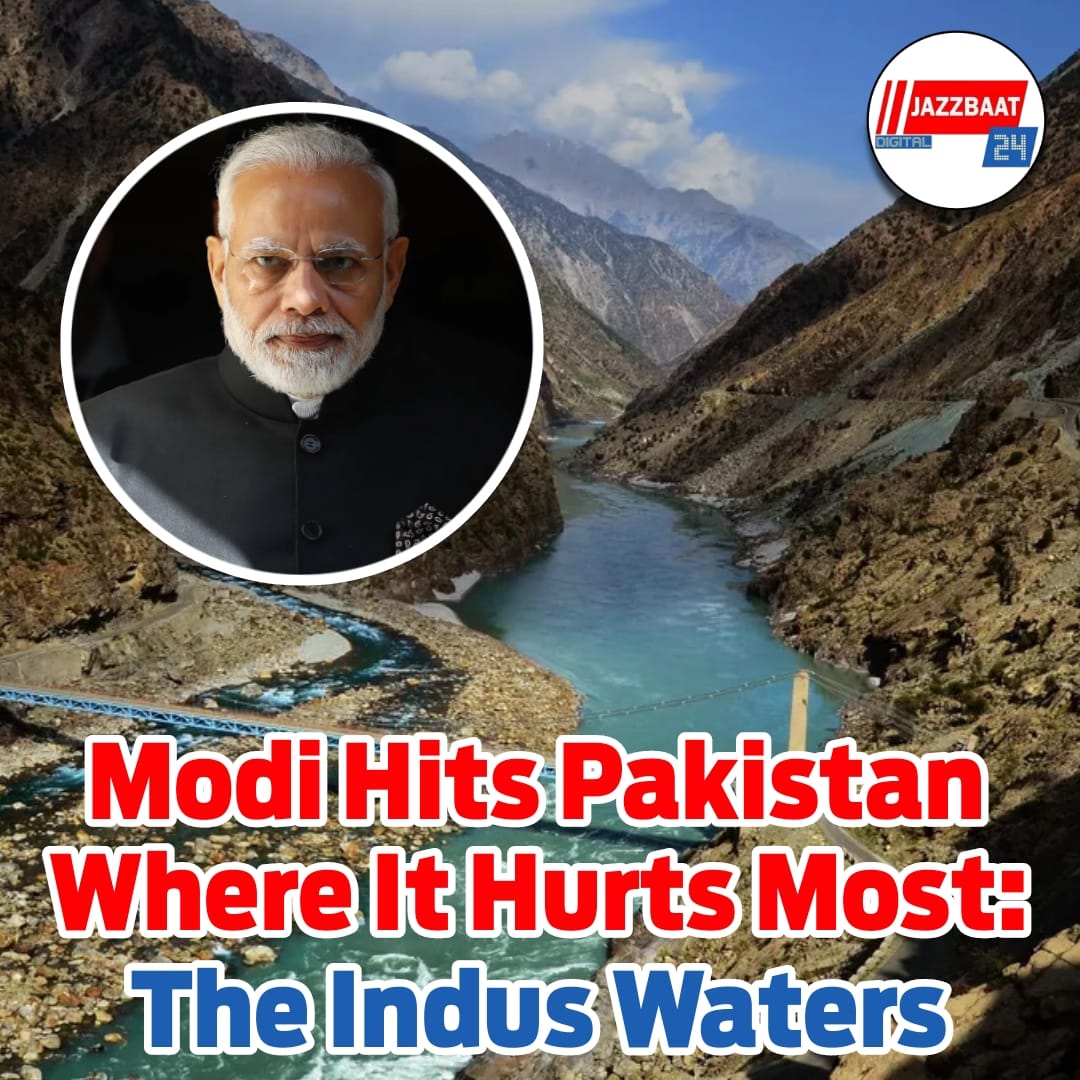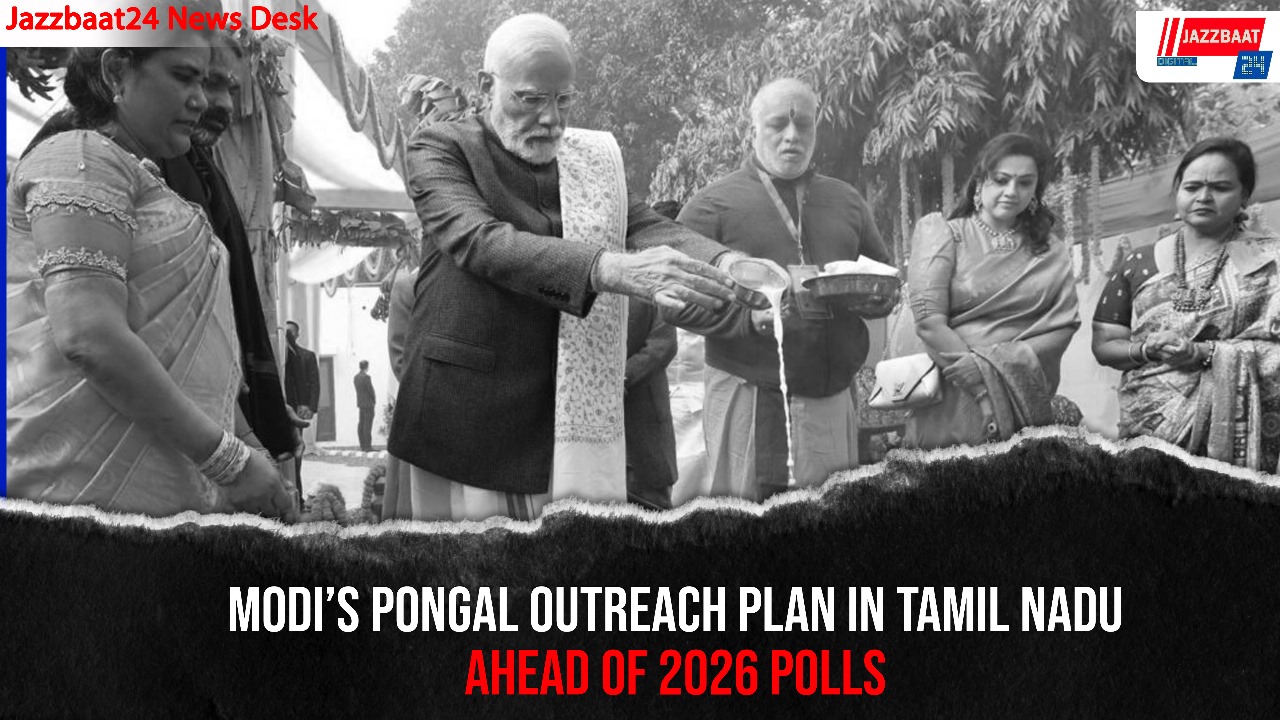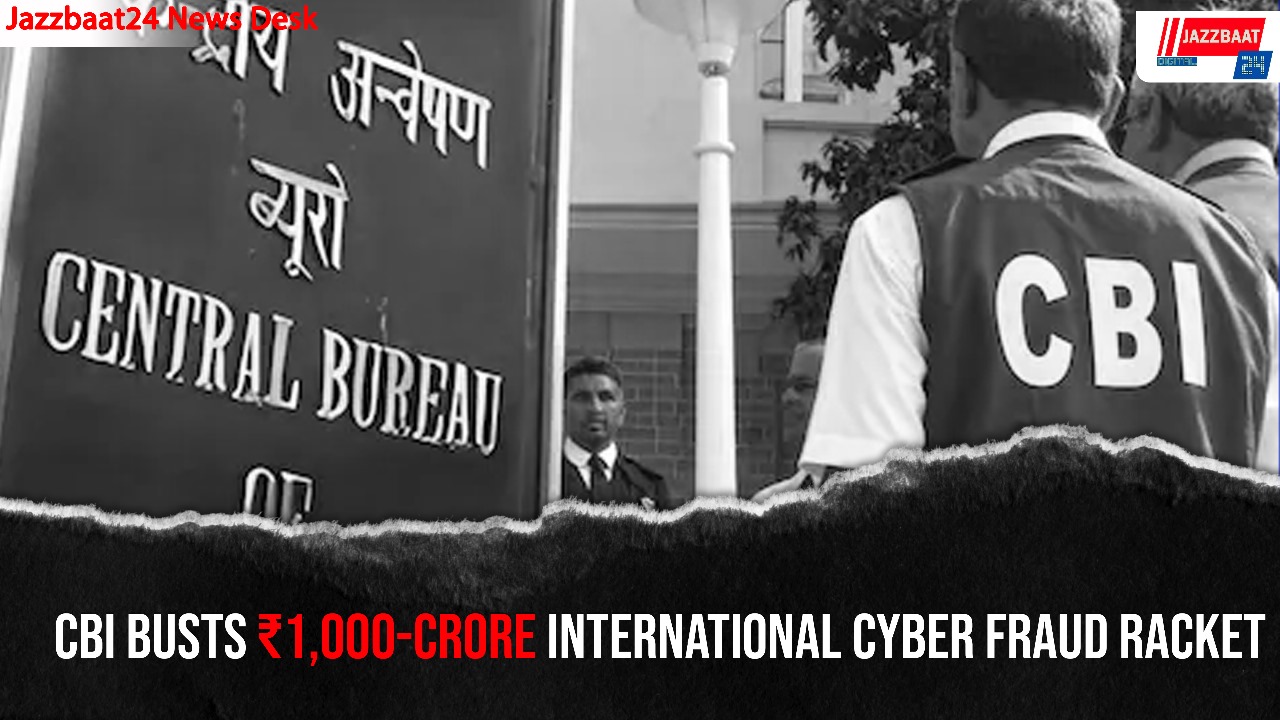For decades, Pakistan took India's patience for granted. Despite fighting wars, encouraging terror, and fueling unrest in Kashmir, Pakistan always had the security blanket of the Indus Waters Treaty — a 1960 agreement India never violated, even during its worst confrontations.
That era may finally be over. After a high-level meeting with Home Minister Amit Shah, Water Resources Minister C.R. Paatil made it clear: India is actively working to ensure that not a single drop of water from the Indus river system will flow unchecked into Pakistan. It’s a bold move, and frankly, long overdue.
Predictably, panic has set in across Pakistan's political leadership. Prime Minister Shehbaz Sharif threatened "full force" if India's measures go forward. His deputy PM, Ishaq Dar, rushed to announce they would appeal to the United Nations. Bilawal Bhutto went a step further, dangerously warning that "blood will flow" if Pakistan is deprived of its water share.
But here’s the reality: Pakistan has no one to blame but itself.
Eight percent of its agriculture, nearly 90 percent of its food production, its hydropower plants, and about a quarter of its GDP — all hang by the fragile thread of the Indus river system. Yet Pakistan spent decades using terror as state policy against the very neighbor that controls the headwaters of its survival.
Internal cracks are already visible. With summer water shortages, provinces like Sindh and Punjab are turning against each other. People are stopping petroleum tankers in protest, accusing Punjab of hoarding water at Sindh’s cost. If this is what the early tremors look like, the real earthquake is yet to come.
Sure, India doesn't yet have full infrastructure to completely divert or stop the Indus waters. But that's not the point. Modi's government has sounded the alarm loud enough for Islamabad to hear. For the first time since 1960, the Indus Waters Treaty isn't sacred anymore — and Pakistan now realizes that its long-ignored actions have consequences.
When rivers dry up, fields crack, and lights go out, perhaps Pakistan will understand: harboring, training, and sending terrorists into India was never going to be free. It was only a matter of time before the cost came due.





